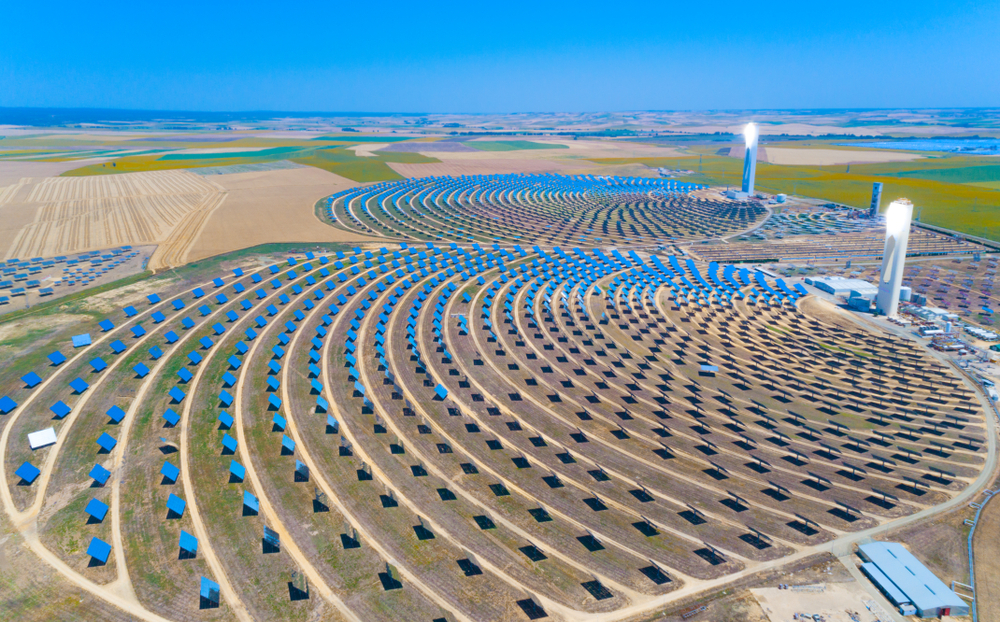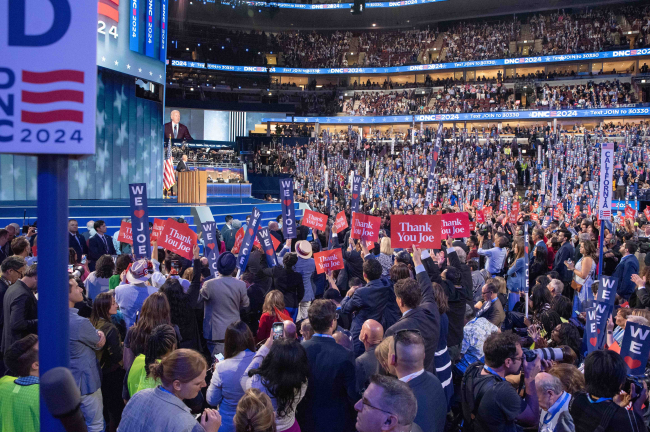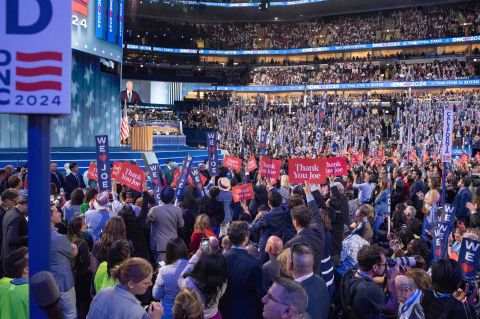
Practical information
Themes and regions
Related centers and programs
This is a private event.
Learn more about our corporate support packagesSpain is the fourth largest economy of the Eurozone, its economy is back on track and its Prime minister Pedro Sanchez managed to set up a coalition in a fragmented parliament. The country appears to be both an institutional and energy policy laboratory that attracts a lot of attention.

Spain embarked on an ambitious plan to decarbonize and entirely rely on renewables for power generation. It laid out a comprehensive plan for phasing out coal fired power generation. Repsol, the country’s leading oil and gas company, has committed to carbon neutrality by 2050 and Iberdrola operates over 27 GW capacity in Spain and Brazil, UK, Mexico and the US. Spain’s hydro, solar and wind resources as well as pivotal location close to Africa make it a decarbonisation hub that can also impact neighbouring markets. Ifri’s Center for Energy & Climate aims to discuss Spain’s energy and climate policies as well as Spain’s views and positions with regards to the EU energy and climate policies.
Introduction: Marc-Antoine Eyl-Mazzega, Director, Center for Energy & Climate, Ifri
Speakers:
- Gonzalo Escribano, Director, Energy and Climate Change Programme, Elcano Royal Institute
- Juan Ignacio Del Castillo, Spanish Ministry for Ecological Transition, Counselor, Spanish Embassy to France and Permanent Representation to the OECD/IEA
Discussant: Olivier Appert, Special Advisor, Center for Energy & Climate, Ifri
Related Subjects
Other events

USA: Democrats Lacking a Vision
As President Trump's approval rating stagnates in the polls and with 18 months remaining before the November 2026 midterm elections, why is the Democratic Party unable to offer a credible and compelling alternative to middle-class American voters? On what issues and around which figures could the radical left and the moderate left find common ground by then?





